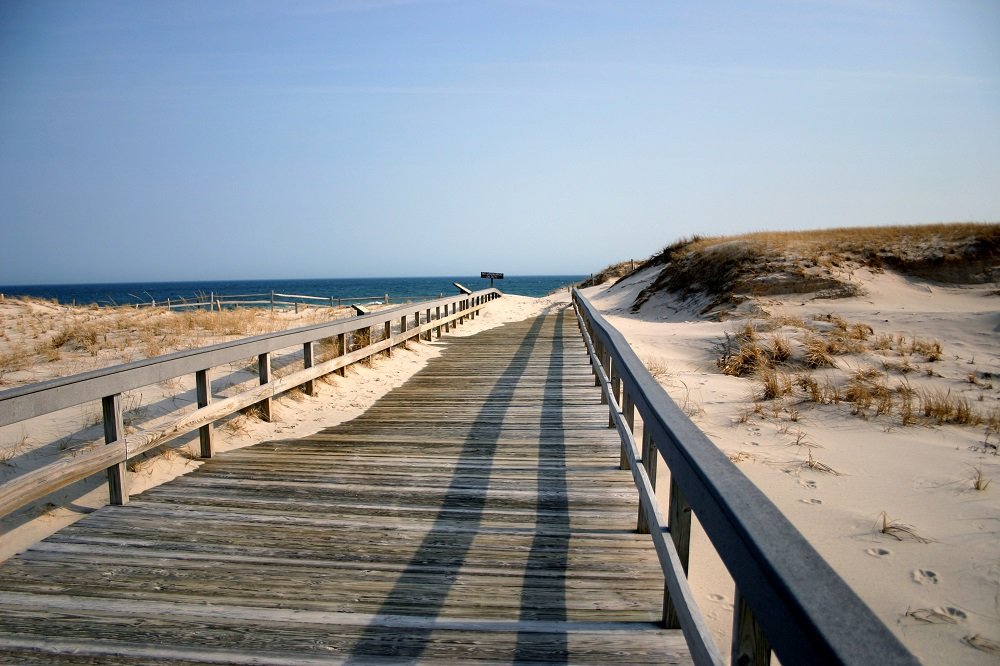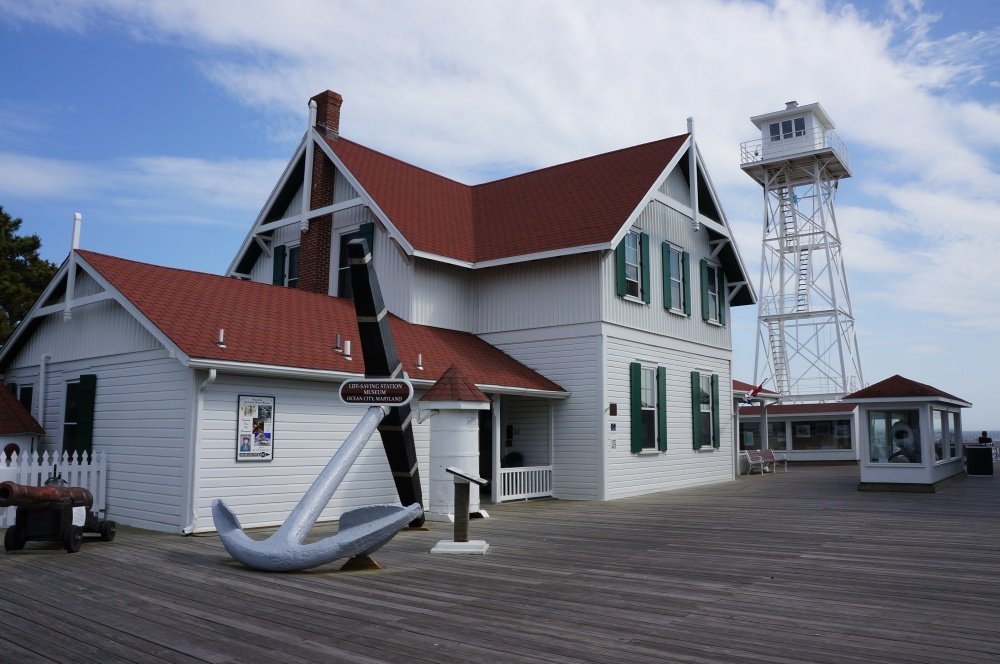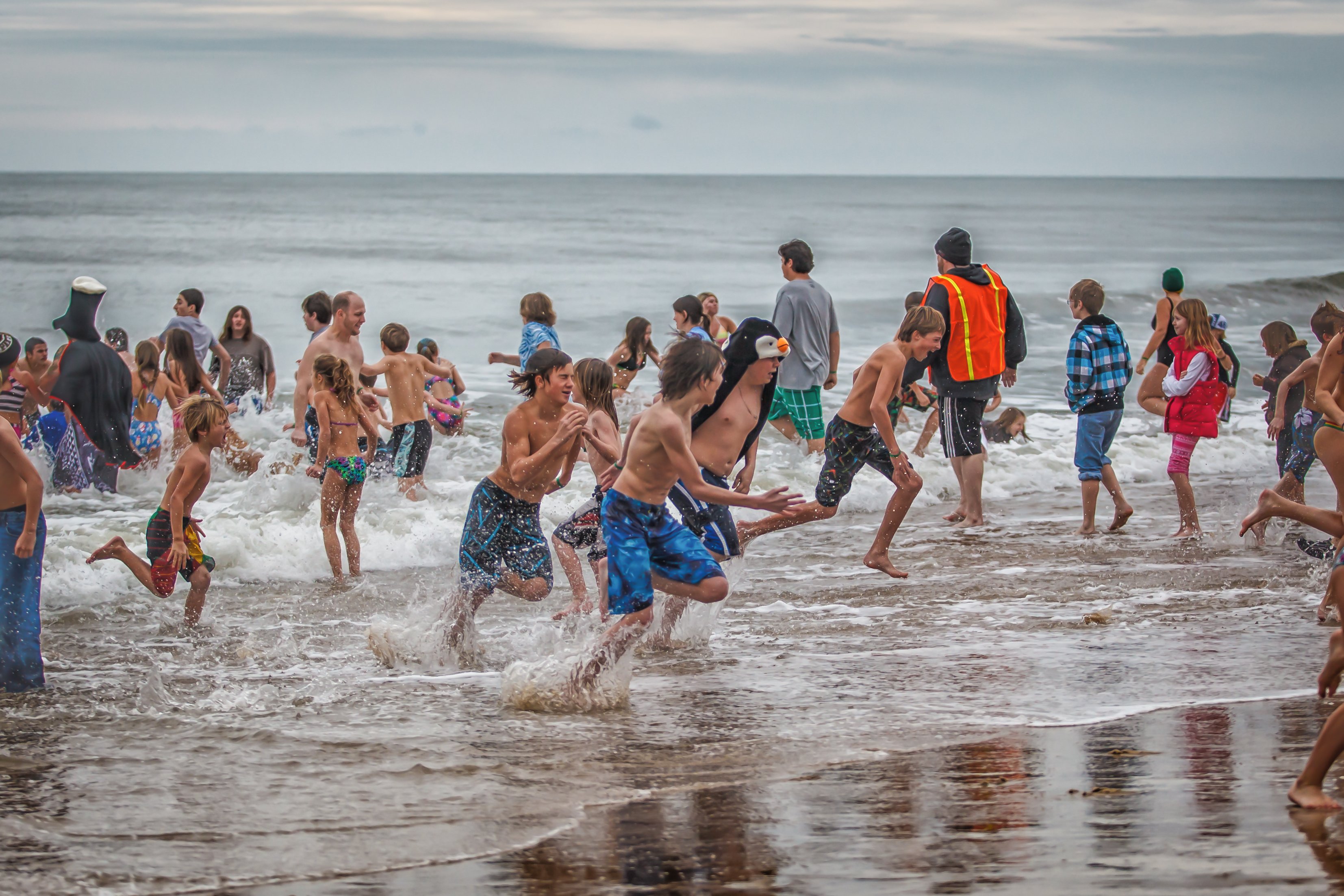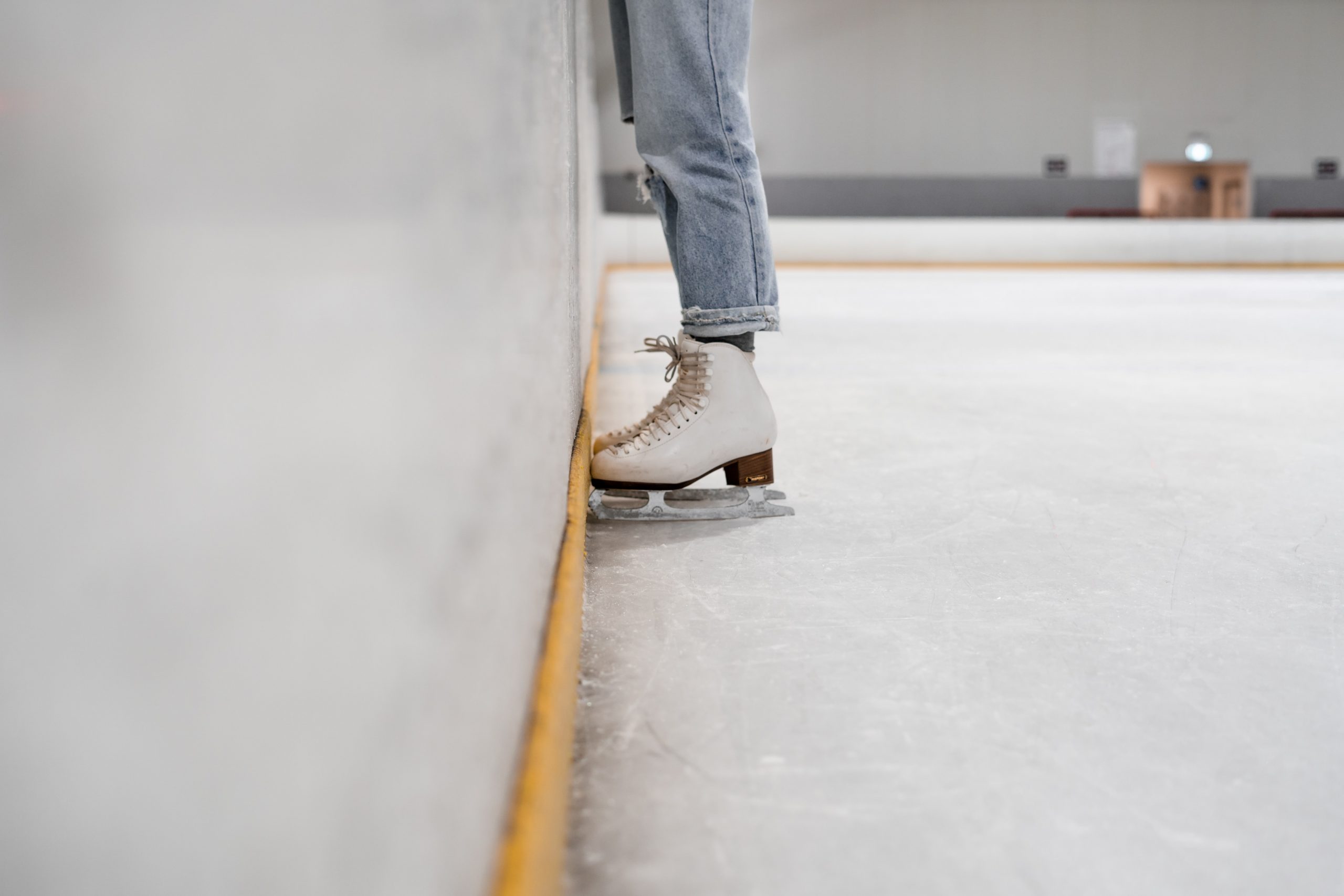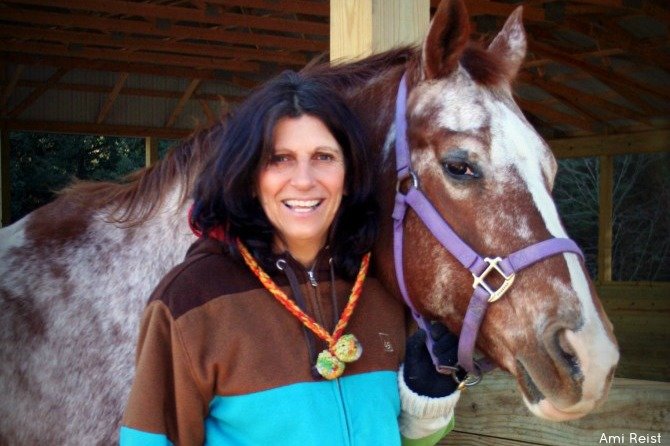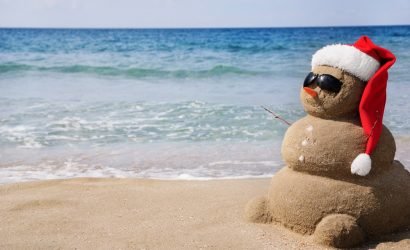A thirteen-year-old girl pops herself up onto the saddle of a horse, seemingly without any effort at all. Quite a feat, considering she was born without legs. Her name is Lexi, and according to her trainer Sandy Sorrenti, she’s a joy to teach.
A man in his 40’s visits who has crippling MS. He’s in a wheelchair, and it can take as many as six people to help him up onto a horse. But once he’s seated, it changes his world. Riding a horse for just twenty minutes stretches his muscles, promotes circulation, helps his respiratory system and increases his range of motion. It’s not a cure, but a respite from the everyday pain he endures, a change that frees him for just a little while.
There are many more of these stories. And at this time of year, when we are more apt to believe that miracles do exist in some form in our modern world, it’s reassuring to know that this kind of magic is quite common just a ways off the beaten path, in our own backyard on the Eastern Shore.
On a sunny day in December, off Sixty Foot Road in Parsonsburg, MD, adjacent to 6,000 acres of protected forest, Sandy Winter, Sandy Sorrenti, and Dick Warren sat down to discuss their everyday experience of helping to make little miracles happen at Hoof Prints Trail Riding and 4Steps Therapeutic Riding Program.
Sandy Winter owns the business. She has the type of personality that resonates like that of an old friend. A dark-haired, energetic former city girl from Boston, Winter moved to the Eastern Shore in 1986. As a child in a concrete jungle, she wished to turn her dog into a horse—a precursing desire that would lead to her later-in-life calling.
Winter studied large animal science at Texas A&M and taught post secondary education in the field. As a teenager Winter spent time volunteering at a state mental institution with many children as patients, which would prove to be another antecedent for her future work. In 2001 Winter and her son purchased the land that would become Hoof Prints Trail Riding Center.
“I found this beautiful piece of property and knew it wasn’t just meant for me, it had to be shared with others,” Winter recalled.
At the time, Winter already had a horse, Zephyr, a big, gorgeous cinnamon and off-white colored animal, who is still the reining princess of Winter’s 10-member herd. In the beginning, Winter envisioned a trail riding center, made possible in part thanks to an agreement with the Department of Natural Resources for the regular usage of 6,000 acres adjacent in the Wicomico Preservation Forest. But Winter also thought of the next step, a deeper purpose.
“It was meant to be a shared experience. Therapeutic Horseback Riding was becoming popular, and with my background and teaching experience it was a good fit.”
Creating 4Steps Therapeutic Riding Program
Winter received her original group of horses—five of which she still has—from Southern Delaware Horse Retirement. All retired harness race horses, they came to Winter as elders and were all assessed for stability and desensitized to their new surroundings. According to Winter, there were no complaints—trail riding, regular treats of carrots and apples, and living as part of a group made for happy horses.
Individuals began to offer Winter donations, which meant a proper non-profit needed to be in place. Her vision for trail riding, providing a happy late-in-life home for retired horses, and the potential for therapeutic riding resonated.
4Steps Therapeutic Riding Program was the result. The non-profit operates under Hoof Prints, who maintains the facility and the horses. Currently, Hoof Prints Trail Riding accounts for a quarter of Winter’s business, while 4Steps takes up the other three quarters.
Who Benefits from Equine Therapy
4Steps began as a facility to provide equine therapy to people with physical disabilities. A third of the program’s participants come from Dove Pointe in Salisbury. Some just spend time with the horses, grooming them, feeding them, bonding with, and taking care of them. Others ride.
“People come to us in wheelchairs, many of them slumped over, and it’s something to see them straighten up when sitting on a horse. In time they will begin to do that in their wheelchairs as well,” Dick Warren explained while demonstrating the physical process.
Another woman who attends is blind. She is physically over the weight limit that would enable her to ride. However, she grew up with horses, and visits to massage them, which brings her peace and provides the only real exercise she gets—she walks at least half a mile while doing so.
Two years ago 4Steps expanded to include mental and behavioral health therapy. Children visit who suffer from bi-polar disorder, anxiety, ADHD, autism, behavioral issues, low self-esteem, and depression.
Some participants include those identified as “at risk youth” from the Department of Mental Health, or as truants from the school systems. Winter summed up the profound importance participation has on these children, many who come from difficult home situations,
“For a lot of these kids, it’s experiencing love for the first time.”
With other children, it’s not difficult situations that cause behavioral issues, rather its diagnosed disorders.
“Autistic children have a particularly difficult time with transitions. They can be very frustrated when they first come. It’s about making them feel comfortable and safe—explaining to them what’s going to happen, so they feel like they have control,” Winter explained.
What happens at 4Steps is the entire learning process of taking care of a horse. Participants get to know their horse, first helping to groom them, in some cases saddle them, learning to actually ride. They learn how to turn a horse, how to stop, even how to make a horse back up—an empowering feeling for anyone when an 800 pound animal listens.
For children suffering from depression, or bi-polar disorder, the process of building confidence and a sense of belonging can go along way.
“Much like we give these retired horses a herd, we give these kids a sense of belonging, a family,” said Winter.
“The reaching out really is the most important. We make everybody feel like they belong here, it’s an inclusive experience,” Winter continued.
It’s common at 4Steps, to first hear many voices of various ages singing songs in unison, and when close enough to see, riders on horseback with huge empowering grins, relishing in the shared pleasure and hope equine therapy brings.
Stories of Hope
Winter recalls fondly receiving a phone call from a young girl in Crisfield.
“She called me and said, ‘I have spina bifida, and I heard I was going to be able to ride a horse,’ and I said to her, well yes you can.”
The little girl arrived, with what Winter referred to as “probably the whole town” to watch her ride, a proud and likely defining moment that had to be shared.
The outcomes for each participant in the therapeutic program are profound, depending upon individual needs. Some have been in the program since they were children, and are teenagers now—acting in some cases as volunteers.
Equine therapy has a unique approach to treating everything from physical to mental disorders. It ranges in outcome from simply increasing confidence, or teaching an individual to self-sooth, to acute physical improvement.
Miranda came to 4Steps as a 32-pound six-year-old. Initially suffering from a host of crippling physical issues, she’s worlds’ away from the little girl she used to be. As a 14-year-old, she now plays soccer and recently rode in the Washington International Horse Show. Another example of a little bit of everyday magic, found at 4Steps through the healing power of a horse.
The Facts:
Trail Riding and Children’s Lessons (non-therapeutic):
- Hoof Prints Trail Riding and 4Steps Therapeutic Riding are open year-round
- Trail Riding for an adult is $50 for a guided two-hour trail ride, no experience needed
- Lessons for children are $35 an hour and include grooming, saddling, riding, feeding—Christmas gift certificates available
Therapeudic Riding:
- Call to set-up appointment, and receive detailed information for individual needs; financial help available
Ways to contribute:
- Donations welcome, opportunities for volunteers
More information:
- 4Steps Equine Therapy 410.835.8814
- Hoof Prints Trail Riding and Lessons 410.835.8814

